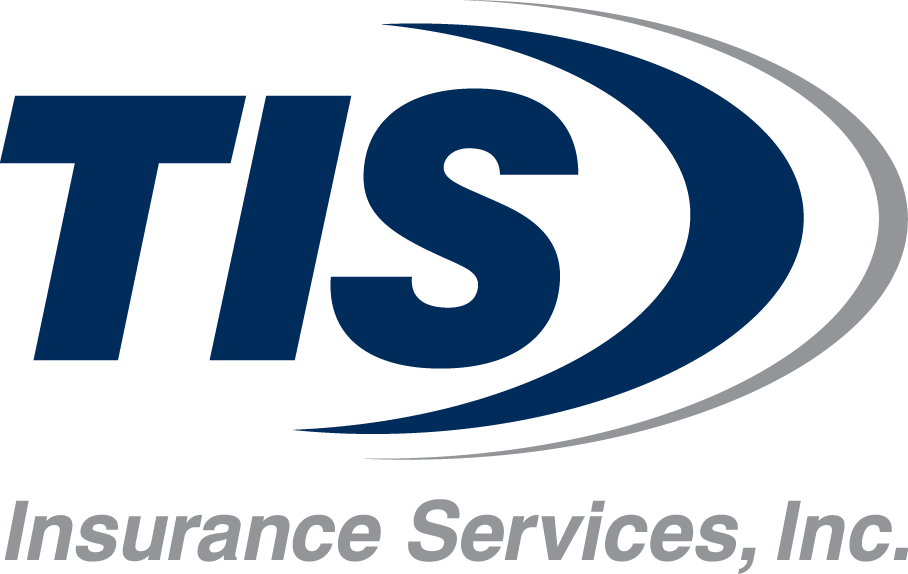Workers Compensation Insurance
Coverage
Accidents happen, even in the safest workplaces. Workers’ Compensation insurance provides protection to your employees if they are injured or become ill due to work-related activities.
Workers compensation insurance covers the medical costs associated with work-related injuries and illnesses. This prevents employers from having to pay out-of-pocket for expensive medical treatments, surgeries, or rehabilitation services, thereby protecting their financial stability. TIS Insurance offers tailored coverage designed to safeguard both your employees and your business from the financial impact of workplace injuries.
Whether you operate in manufacturing, healthcare, construction, technology, or any other sector, TIS can help ensure your business meets state regulations and is prepared for any workplace injury or illness.
CONSIDERATIONS
What types of injuries are most likely to occur in your workplace?
How much coverage do you need to adequately protect your employees?
Are there specific industry regulations that affect your workers’ compensation requirements?
What measures are in place to reduce workplace injuries?
Does your policy provide sufficient coverage for both medical expenses and wage replacement?
PREMIUM BASIS
Industry type and associated risk level
Number of employees
Payroll expense
Claims history of your business
Safety programs and risk management practices
Policy customization and additional coverage options
These are just some of the many factors used to determine the best policy for your unique workers' compensation needs.
Workers' Comp
Insurance Coverages
A Workers’ Compensation policy provides the following benefits to injured or ill workers.
Medical
Workers compensation insurance covers all necessary medical expenses related to a work-related injury or illness. This includes doctor visits, hospital stays, surgeries, medications, medical devices, and rehabilitation services. The goal is to ensure that employees receive complete medical care without bearing the potential financial burden.
Wage Replacement
If an employee is unable to work due to their injury or illness, workers’ compensation provides for financial compensation. Depending on the injury sustained, wage replacement will vary in duration, either temporary or permanent, and amount, ranging from partial to total.
Vocational Rehabilitation
Workers compensation provides vocational rehabilitation services to help injured employees return to work. These services can include job retraining, resume assistance, job placement services, and education programs. The goal is to enable employees to find suitable employment that accommodates their physical limitations and skills.
Death
If a work-related injury or illness results in an employee’s death, workers compensation provides benefits to cover funeral and burial expenses. These benefits help ease the financial burden on the deceased employee’s family during a difficult time.
Dependents of a deceased employee, such as a spouse, children, or other dependents, may also receive survivor benefits.
Travel
Workers compensation provides vocational rehabilitation services to help injured employees return to work. These services can include job retraining, resume assistance, job placement services, and education programs. The goal is to enable employees to find suitable employment that accommodates their physical limitations and skills.
Work Comp
EXCLUSIONS
Not all injuries or illnesses are covered. A claim might be rejected if the cause of the accident is one of these exclusions.
Workers’ compensation typically does not cover injuries that are intentionally self-inflicted by the employee.
Injuries that occur outside the scope of employment are generally not covered.
If an employee disregards safety protocols and is injured as a result, the injury may not be covered.
Injuries caused by an employee’s intoxication or substance abuse are often excluded from coverage.
Injuries sustained during commuting to and from work, unless the injury occurs while traveling for work-related purposes.
Injuries resulting from acts of violence that are unrelated to the job are often excluded.
Workers’ compensation policies may exclude injuries that are covered under other insurance policies, such as health insurance or disability insurance.
Coverage for mental or emotional injuries may vary depending on state laws and specific policy terms.
Failing to file a claim within the specified time frame may result in denial of benefits.
Why Workers' Compensation Insurance Matters
At TIS Insurance, our Workers’ Compensation policies provide:
Risk
Management
Accidents can happen at any time in the workplace, and workers’ comp is an essential part of managing those risks. By providing financial support for injured workers it helps maintain a productive workforce, allowing you to focus on running your business with fewer worries about workplace safety incidents.
Legal
Compliance
Most states require employers to have workers’ compensation insurance. It’s a legal obligation that protects your business from penalties and lawsuits related to workplace injuries. We can help ensure your business is in compliance with the requirements of your state or jurisdiction where an incident can occur.
Peace
of Mind
Knowing that your employees are covered in the event of an accident or injury provides peace of mind. Workers’ compensation insurance gives your employees the confidence that their health and well-being are a priority. This can help boost morale, increase retention, and make your company a safer, more attractive place to work.
Workers' Compensation
FAQs
Who needs workers' compensation insurance?
Most states require businesses with employees to carry workers compensation insurance. The specific requirements vary by state, but in general, any business that has employees, whether full-time, part-time, or seasonal, needs to provide workers compensation coverage. Even businesses that employ family members or casual laborers are often required to have this insurance. Independent contractors typically do not require coverage, but classification criteria vary by state.
What does workers' comp insurance cover?
Workers’ compensation insurance covers injuries and illnesses that arise out of and in the course of employment. This includes injuries from accidents, repetitive motion injuries, occupational diseases, and injuries sustained while traveling for work purposes.
How are workers' compensation premiums calculated?
Premiums for workers’ compensation insurance are typically calculated based on the industry classification of the business, the number of employees, payroll amounts, and the company’s claims history. Insurance carriers also consider the level of risk associated with the type of work performed by employees.
Are all injuries covered under workers' compensation?
Not all injuries are covered. Injuries that occur outside of work, as a result of intoxication or drug use, or due to employee misconduct may not be covered. Coverage varies by state laws and specific policy terms.
Can employees choose their own doctor for treatment?
In some states, employees may have the right to choose their own doctor for initial treatment, while others may require treatment from a list of approved providers. Workers’ compensation insurance typically covers medical expenses related to authorized treatments.
How can I reduce workers' compensation insurance costs?
Implementing workplace safety programs, providing employee training on injury prevention, maintaining a safe work environment, and promptly addressing hazards can help reduce the frequency and severity of claims, thus lowering insurance costs.
Do you have more questions?
Please reach out to our agents (all contact information below). We’re here to assist you in understanding your Workers’ Compensation Insurance options and finding the coverage that best meets your needs.
Get a Quote
- Provide us with a little information about yourself and your needs.
- A TIS Team Member will reach out to gather additional information needed to provide an innovative, accurate quote.
- Get the coverage you need.
Meet our
Workers Comp Sales Team
Morgan Thomas
mthomas@TISIns.com
Carson Thomas
cathomas@TISIns.com
Carter Thomas, CMIP
cthomas@TISIns.com
Jared Smith
jsmith@TISIns.com
Jay Werner
jwerner@TISIns.com
joakes@TISIns.com
jfritts@TISIns.com
Josh Hearl
jhearl@TISIns.com
Kelly Thomas, CMIP
kthomas@TISIns.com
Robert Eldridge III
reldridge@TISIns.com
Spencer Nelson
snelson@TISIns.com
sfoakes@TISIns.com



